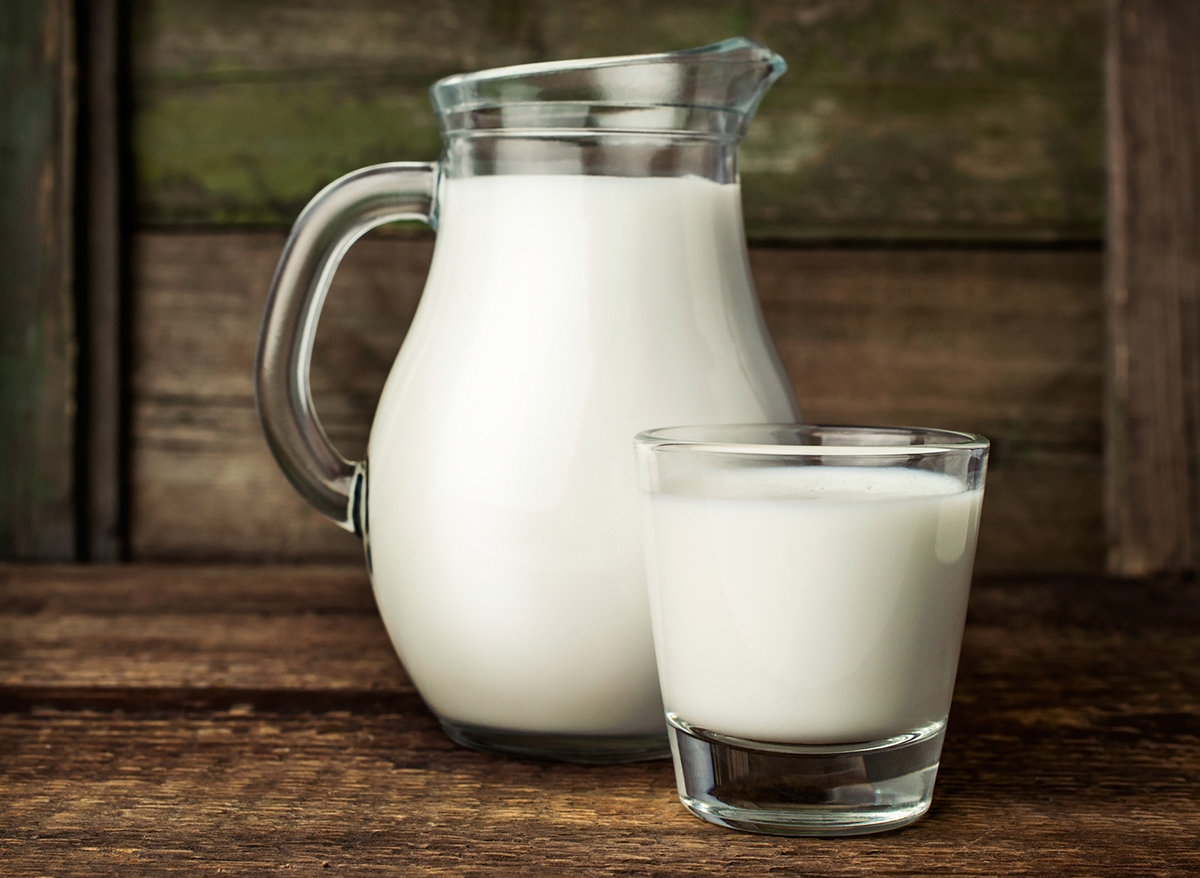Wellness Tips: The Real Scoop on Dairy
- by bonappetit
I’ve heard that humans aren’t meant to digest dairy and that it’s the root of many gut problems. Do I really have to give it up?
 Articles titled “The Dangers of Dairy” or “Cutting Out Dairy Was the Best thing I Ever Did” have lots of people questioning their milk and cheese consumption. Many “healthy living” bloggers and even some health experts believe that eating dairy can cause anything from acne to cancer (and lots of health issues in between). In a world where we’re always looking for a dietary scapegoat for our health concerns, it’s easy to blame dairy. Popular diets that suggest cutting out dairy entirely, like the Paleo Diet and Whole 30®, only add fuel to the anti-dairy fire. But before you start stocking up on nut or soy-based milk, yogurt, and cheese, let’s look at what’s really behind these headlines.
Articles titled “The Dangers of Dairy” or “Cutting Out Dairy Was the Best thing I Ever Did” have lots of people questioning their milk and cheese consumption. Many “healthy living” bloggers and even some health experts believe that eating dairy can cause anything from acne to cancer (and lots of health issues in between). In a world where we’re always looking for a dietary scapegoat for our health concerns, it’s easy to blame dairy. Popular diets that suggest cutting out dairy entirely, like the Paleo Diet and Whole 30®, only add fuel to the anti-dairy fire. But before you start stocking up on nut or soy-based milk, yogurt, and cheese, let’s look at what’s really behind these headlines.
For some, dairy is a real problem. Approximately 1 to 2 percent of children and 0.2 to 0.4 percent of adults are allergic to either casein or whey (or both), two proteins found in milk products. Those with a milk protein allergy need to avoid dairy for obvious reasons – it’s the only safe treatment for their food allergy. It’s also estimated that nearly 65 percent of adults worldwide have some reduced tolerance to lactose, the primary carbohydrate found in dairy. It’s more common among certain communities where dairy has not traditionally been consumed, like those of East Asian descent, and can develop at any point in life. Symptoms of lactose intolerance typically manifest in the digestive system, although they can also lead to skin, joint, or other problems. Depending on the severity, some people with lactose intolerance may be able to tolerate some dairy products that are lower in lactose, like hard cheeses and Greek yogurt, even if they can’t drink a glass of milk. Both lactose intolerance and milk protein allergies can be diagnosed by your doctor.
Typically the clickbait headlines suggesting that cutting out dairy will solve a long list of health issues are not referring to either of these conditions. The beliefs are often rooted in the claim that dairy causes inflammation, which is at the foundation of many stomach troubles. However research has shown that dairy is actually an anti-inflammatory food for humans, or at least does not increase inflammation. After this study was published, which suggests that diet does play a role in the bacterial composition in our gut (not something many people argue against), several media outlets blamed meat and dairy. But it isn’t quite as simple as blaming dairy — it could have been the high meat consumption, dairy, or the lack of plant foods in the diet that led to the reduction in “good” bacteria. Some research has found an association between dairy consumption and acne, but mostly in teenagers.
That said, for some, avoiding dairy can prove to be helpful when it comes to alleviating digestive problems, addressing skin problems, or just overall feeling of wellness. And while dairy is a good source of many nutrients, it is not a necessary component to a healthy diet.
Some dairy foods, particularly milk, yogurt, and some cheese, are a good source of protein. For example, 1 cup of milk has 8 grams of protein, whereas most nut milks have only 1 to 2 grams (unless fortified with another type of protein like pea protein). In addition, dairy offers calcium and vitamins A and D, among other nutrients. Fermented sources of dairy such as kefir and some yogurts have been shown to be good for your gut because of the probiotic content. However, all of these nutrients, including probiotic-rich foods, can easily be consumed through a balanced diet without dairy.
If you do enjoy dairy and don’t experience any negative symptoms, there is no reason to avoid it. Just remember that foods like butter, ice cream, whole milk, and full-fat cheese do contribute to the level of saturated fat in your diet and are high-calorie foods. So, enjoy, but in moderation.
At Bon Appétit, we know there’s a lot on your plate that you worry about. That’s why we have a team of registered dietitian nutritionists ready to answer your nutrition questions about which food choices will help you avoid unwanted pounds, work or study (and sleep!) better, and form long-lasting healthy eating habits. Email your questions and feedback to [email protected].